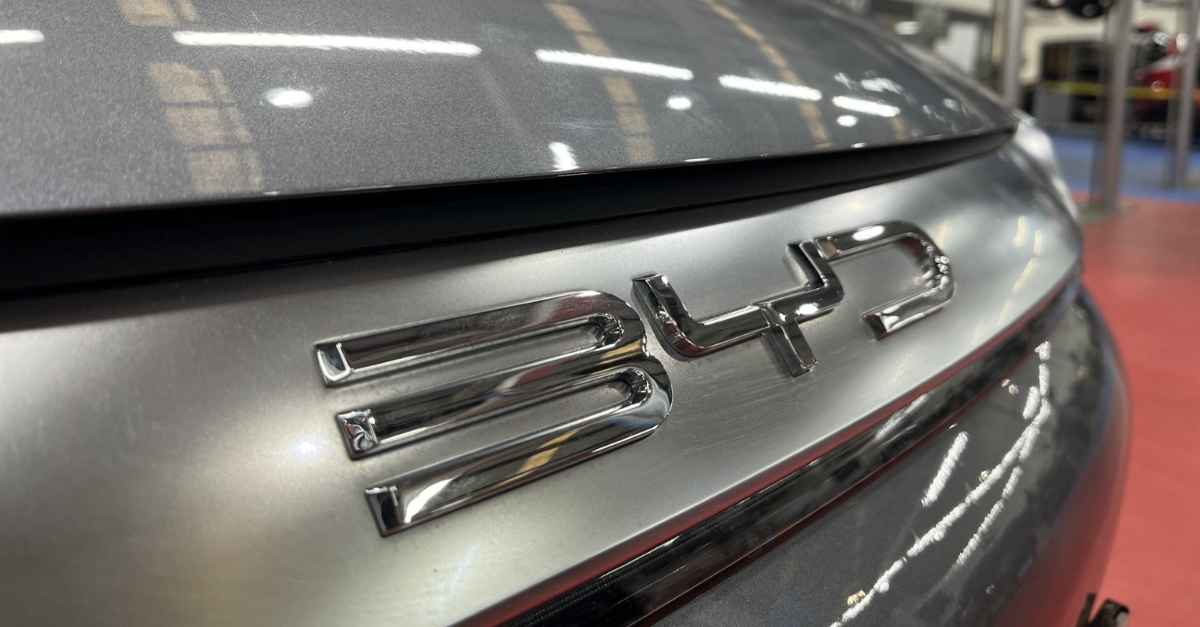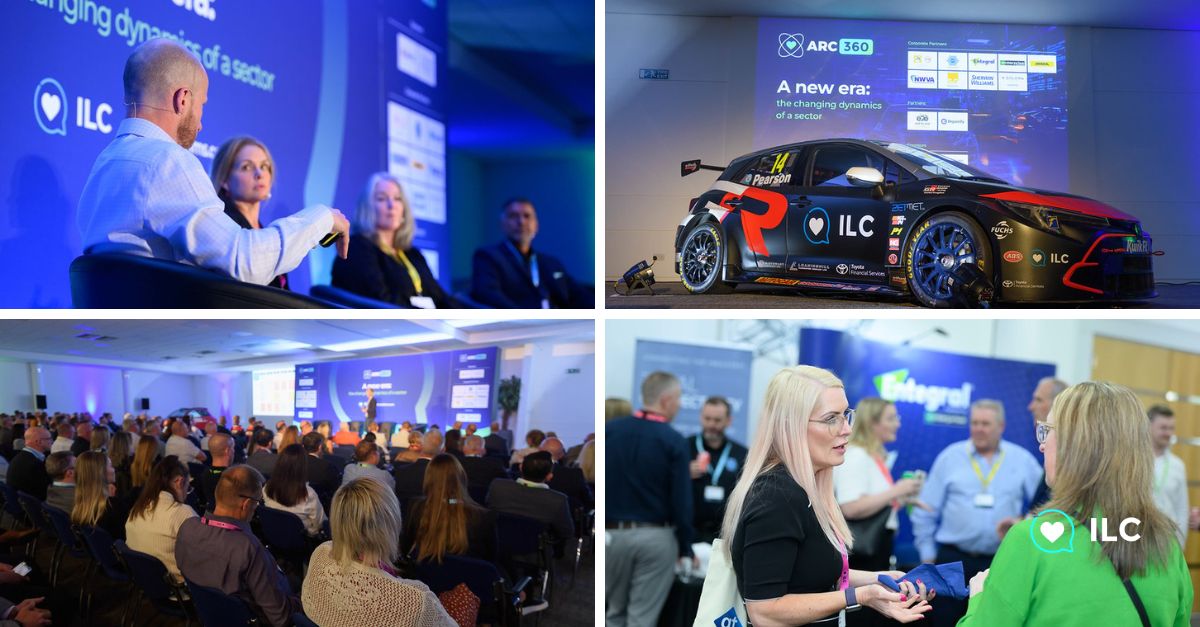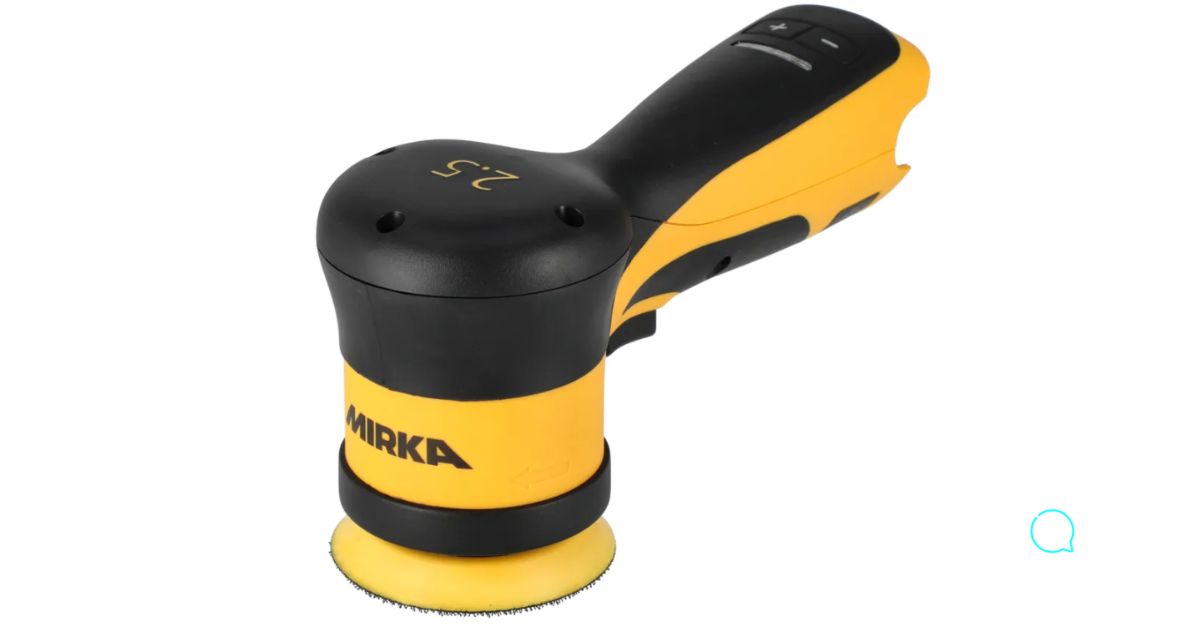For two days in January (Wednesday 24 and Thursday 25 January 2024) Thatcham Research played host to a number of invited guests for Chinese vehicle manufacturer BYD (Build Your Dreams) Product Showcase. ARC360 was on hand to explore the products, learn more of the Thatcham Research – BYD relationship, and glean insights in the vehicle manufacturers plans for 2024.
In 2023, BYD sold a total of 3,024,417 new energy passenger vehicles worldwide. During Q4 2023 it also claimed the crown as the global leader in electric vehicle sales. Its self-proclaimed ‘the biggest electric vehicle company you’ve never heard’ is therefore fitting but all that would appear to be about to change.
Founded in February 1995, BYD is a high tech, vertically integrated company devoted to leveraging technological innovations for a better life. Already established in more than 70 countries and 400-plus cities worldwide, the business has in excess of 600,000 employees worldwide.
Its mission is to ‘Cool the Earth by 1°C’ by creating a complete, zero emission ecosystem powered by clean energy. Its products are already synonymous across battery-electric vehicles; buses; trucks and forklifts; the SkyRail monorail system; solar power generation and energy storage systems; and consumer electronics.
With its automobile division now within the European market – and significant plans – the business is truly poised to establish itself as the leading New Energy Vehicle (NEV) brand.
The day highlighted BYD’s three current Euro NCAP five-star rated models in the UK: ATTO 3 (SUV), DOLPHIN (small hatchback) and SEAL (premium saloon) with BYD and Thatcham Research experts on hand to guide delegates around the vehicles as well as learn more during a number of engaging and insightful seminars. Attendees also got the opportunity for a ‘ride experience’ in the vehicles – further demonstrating their ADAS technical capabilities and systems.
In a move which supports the claims sector’s ongoing desire for consistency and transparency with advancing technology, safety and driver assistance systems are standard throughout model ranges on BYD vehicles. As an example, the SEAL – both Design and Excellence AWD versions – feature a plethora of systems:
- Adaptive Cruise Control (ACC) & Intelligent Cruise Control (ICC)
- Intelligent Speed Limit Information (ISLI) & Intelligent Speed Limit Control (ISLC)
- Predictive Collision Warning (PCW)
- Forward Collision Warning (FCW)
- Automatic Emergency Braking (AEB)
- Rear Collision Warning (RCW)
- Front Cross Traffic Alert (FCTA) & Front Cross Traffic Brake (FCTB)
- Rear Cross Traffic Alert (RCTA) & Rear Cross Traffic Brake (RCTB)
- Lane Departure Assistant (LDA) & Lane Departure Warning (LDW)
- Emergency Lane Keeping Assist (ELK)
- Traffic Jam Assist (TJA)
- Traffic Sign Recognition (TSR)
Jonathan Hewett, Chief Executive, Thatcham Research explained, “We have worked with the BYD team to ensure safety, security and sustainable repairs are design attributes and in turn, that data supporting these important areas will be available to the insurance industry. This is vital as the whole mobility ecosystem embraces the seismic change to vehicles with ever more driver assistance systems, connectivity and electrified powertrains impacting risk.”
With its vehicle range, BYD brings a host of innovation including its industry-leading Blade Battery, e-Platform 3.0 and Dual-mode hybrid power technology.
BYD’s Blade Battery is developed on four key principles: enhanced safety, optimised strength, longer range and longer lifecycle. Arranged in an array of one rectangular flat pack, each cell serves as a structural beam to help withstand the force. The aluminium honeycomb-like structure, with high-strength panels on upper and lower side of the pack, greatly enhances the rigidity in vertical direction.
The e-Platform 3.0 – common across all three models – is designed exclusively for pure electric vehicles creating efficient and safer new intelligent EVs. The SEAL is the first model equipped with the in-house developed CTB (cell to body) technology which integrates the Blade Battery into the car body. This ‘sandwich’ structure makes the Blade Battery both an energy storage unit and a structural component capable of withstanding significant forces.
Adding to the three current models, BYD also has plans to introduce a hybrid SEAL U later this year – a proven strategy in other markets to support the mass market ‘transition’ to NEVs.
Clearly, BYD already has a foothold within the UK with 24 ‘Pioneer’ stores now open across the country but 2024 will see the business significantly ramp up its presence across the market – plans for 70 dealerships by the end of the year indicating that intent.
And with that, the aftermarket is poised to play its role – supported by Thatcham Research with information around vehicle technologies, repair strategies, known risks, technical support and standards helping to guide the sector during what promises to be evermore changing times.
Watch this space!

















